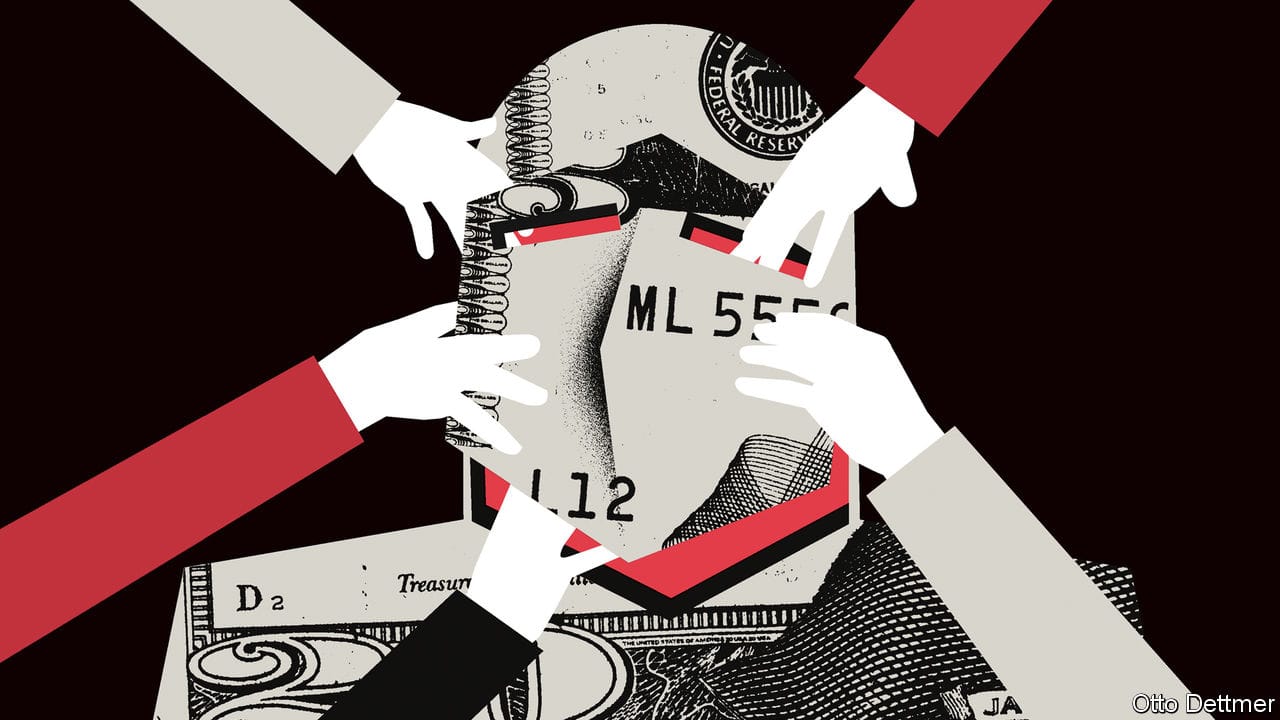The insidious threats to central-bank independence
Meddling politicians are mostly a thing of the past, but that is no reason for complacency

“Just kick ’em up the rump a little.” That was how President Richard Nixon advised Federal Reserve chairman Arthur Burns to persuade the rest of the Fed board to cut interest rates in 1971. Kicked or not, the central bankers complied. Cuts helped Nixon to re-election by boosting employment. They also contributed to double-digit inflation that would not be decisively tamed until Paul Volcker ran the Fed in the 1980s.
On December 14th the Federal Reserve raised interest rates by another 0.5 percentage points; the European Central Bank (ecb) and the Bank of England were expected to follow suit shortly after The Economist’s weekly edition was published. Technocrats have spent the decades since Burns making Nixon-like meddling more difficult. An academic cottage industry is devoted to numerating and ranking central bankers’ independence. In 2020 there were more than 150 central banks classed as independent by the Bank of England’s count—some 90 more than in the 1970s. The ecb’s autonomy is guaranteed by treaty. When President Donald Trump criticised Jerome Powell, the present Fed chair, for raising rates in 2018, the president appeared both backward and impotent. This year President Joe Biden has emphasised his support for the Fed. Some British politicians in the governing Conservative Party even argue that the Bank of England has not raised rates enough.
This article appeared in the Finance & economics section of the print edition under the headline “Modern Nixons”
Finance & economics December 17th 2022
- How the West fell out of love with economic growth
- The game is up for Sam Bankman-Fried
- America’s inflation fever may be breaking at last
- What an unusual auction says about the art market
- Europe looks increasingly complacent about the winter ahead
- The struggle to put a carbon price on a flight
- The insidious threats to central-bank independence
More from Finance & economics

Is America approaching peak tip?
The country’s gratuity madness may soon calm, so long as Donald Trump does not get his way

America’s rich never sell their assets. How should they be taxed?
It is tempting to tax them during their lives. It is wiser to do so after their deaths

Indian state capitalism looks to be in trouble
A weakened Narendra Modi is bad news for investors in government-controlled firms

